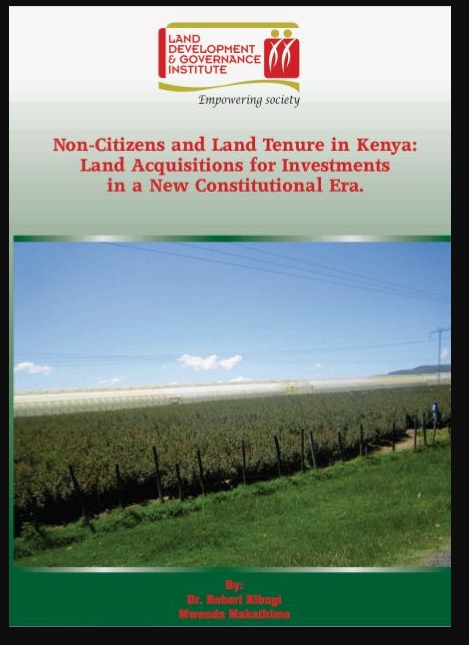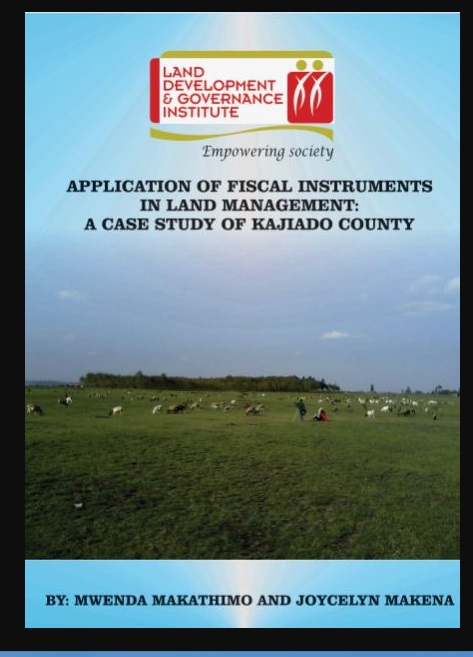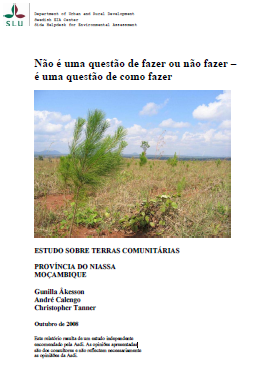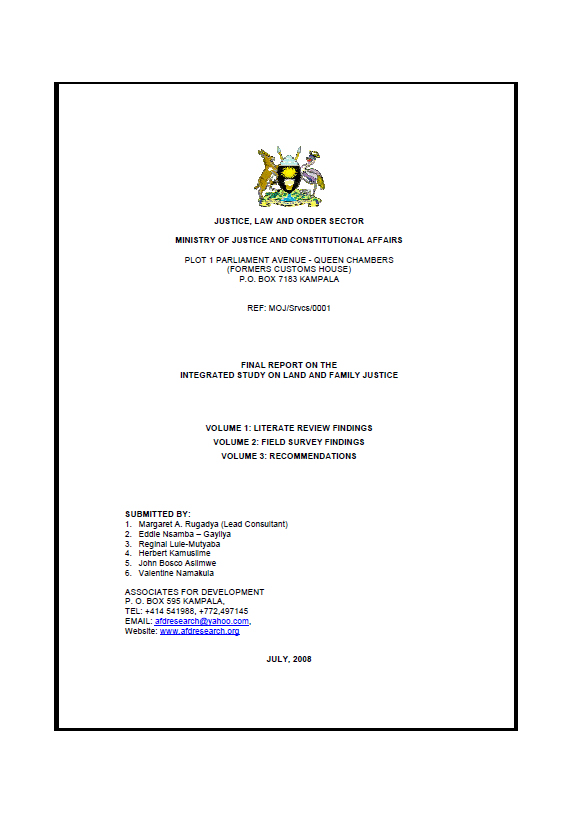Does Customary Land Tenure System Encourage Local Forestry Management in Zambia?
Zambia is one of the most forested countries in Africa, with about 50 million out of the 75 million hectares total land area under some form of forest cover. However, the country also has one of the highest rates of deforestation and degradation in the world, estimated at 250,000-300,000 hectares of forest loss per annum. Reversing/slowing this high deforestation and degradation trend will require the country to design and implement programs and strategies that will effectively deal with both the proximate and underlying drivers of deforestation and degradation.








